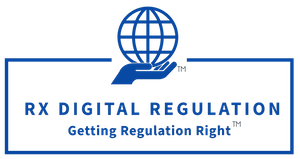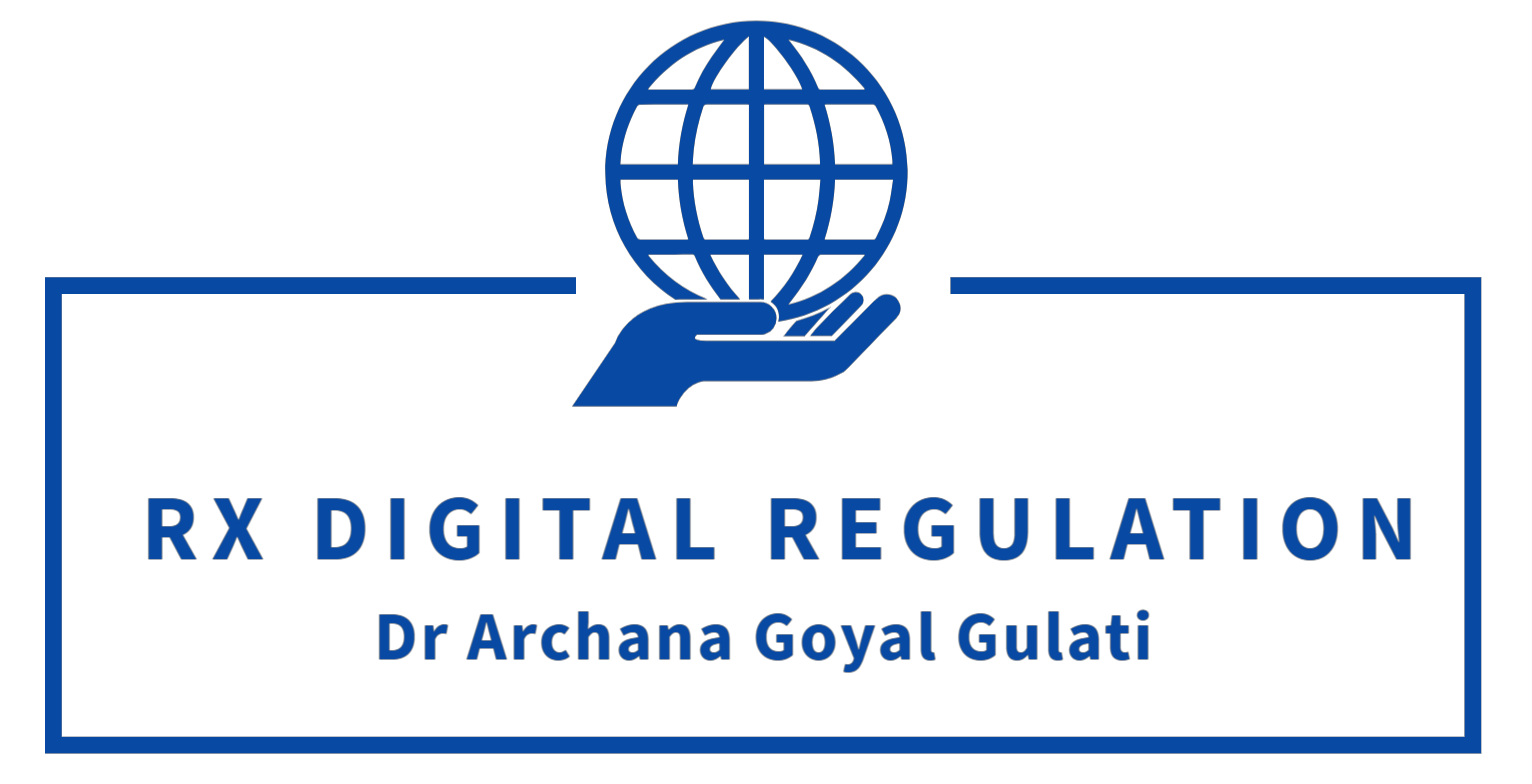
No (,) End (to) Spam and Scams

In the past few months, I have received countless spam calls and messages to the point that I have become robotic about disconnecting unknown calls and blocking unrecognised numbers and spam messages. Spam is like a hydra-headed monster. Block one number, and another crops up. The latest scam call I received was a prerecorded message informing me that the mobile number associated with my name would be permanently closed within two hours. Had I continued to hear it rather than blocking the number, I would have been guided to some link where the journey to being defrauded would begin. As someone who has worked extensively in the telecom sector, I found it obvious that this was a scam call. However, I have heard of many educated and well-informed persons falling prey to such scams. What would happen if a less savvy or more vulnerable person receives these calls and messages? Children, first-time users, and older persons.
Despite several attempts to curb the menace of unsolicited commercial communications, including nuisance communications and deliberate attempts at fraud, the telecom regulator has been unable to do so. The Department of Consumer Affairs has stepped in with draft guidelines. It is a well-documented fact, and I have personal experience that telecom companies, too, are culprits as they bombard customers with unwanted calls and messages. This should stop. They must also be held responsible for ensuring that telemarketers who are commercial customers follow the rules on numbering schemes and consumer protection.
The epidemic of consumer harm is rooted in a massive misuse of personal data. When names and numbers disclosed by consumers for one purpose are shared and sold without their consent, it blatantly violates privacy. Have you ever reluctantly given your contact details at the payment counter in a shop, where you assumed this was part of a credit card verification process, only to be plagued by promotional messages and calls from the retailer? Consumers have complained. There is a rule being flouted here, but the practice continues. Have you ever tried subscribing to a digital service and found yourself insidiously led to a more expensive version of what you needed? Worse, have you tried to unsubscribe and experienced the sinking feeling of having inadvertently checked into ‘Hotel California’? A leading tech player is facing the brunt of its malpractice in this regard. These are among the many forms of harassment and violations of privacy and rights that consumers face, and they represent more nails in the coffin of the digital consumer’s finances, peace, and safety. Would you blame them if they sought digital nirvana through detachment?
As a Universal Service protagonist, I have worked for decades to bridge the digital divide. However, I am also a consumer protection expert and am deeply concerned about the conflict emerging between connecting consumers and protecting them, especially those vulnerable to disinformation, misinformation, and fraud. Unless regulators, policymakers, industry and consumers take these matters seriously, things will only worsen. It was recently reported that convincing deep fakes of Elon Musk and Warren Buffett giving investment advice led to several consumers being duped of their savings. Among the victims of these deep fake videos was an elderly retiree. Modern technology is a powerful enabler, but blockchain has not curbed UCC in India, and Bitcoin is particularly susceptible to fraud.
While ex ante regulation is frowned upon, especially by large market players, if the industry does not realise this is a crisis, a day may come when enlightened consumers reject technology no matter how alluring the wares on offer. Eventually, other consumers will follow these first movers. This is a lose-lose for the world as we may miss out on the potential benefits of digital transformation.
It took decades for regulators to understand the need for ex ante regulation of content and competition in digital markets. The battle for consumer protection is being fought in many jurisdictions, with the EU leading the way. Artificial intelligence is a double-edged sword that can help curb the menace of disinformation. It is also a perfect tool in the hands of spammers and scammers, as increasingly affordable deep fakes demonstrate. It, too, needs to be regulated.
Yet, when we speak about ex ante regulation, even before it stops being polite and turns punitive, we only hear about the harm to innovation or compliance burdens. We should ask ourselves if all innovation is good. We should ask ourselves if all rules are bad or if they could be better. In India, the phenomenal success of digital payments is attributable not just to the brilliant infrastructure underlying the Unified Payment Interface but also to the solid regulatory scaffolding provided by the Reserve Bank of India. Big Tech rides on this infrastructure and regulatory foundation to profit. An article in the Economic Times, New Delhi, dated August 19, 2024, stated, “RBI’s scrutiny is a rite of passage- those who use it as a compounding input will benefit.” However, no matter how crucial regulation is, one size does not fit all, and I am all for a more nuanced approach. Smaller players need different rules; otherwise, we create regulatory barriers to competition.
It is time for consumers to demand protection and regulators to enforce it. The industry must respond by embracing safety by design and accepting ex ante regulation. Why not work with the regulator to get regulation right rather than flatly resisting it, spending copious amounts on lawyers (as in anti-trust cases) and lobbyists (as in scuttling draft bills)? We need privacy and data protection, competition, and AI and content regulation that is well-designed, targeted, fair, transparent and proportionate. Given the inevitability of information asymmetries, especially in the realm of digital technologies, it would be beneficial for the industry to assist the regulators rather than try to capture them! It is also incumbent on market players to design products and services that genuinely respect the consumer’s rights and safety and to help educate consumers rather than preying on their vulnerabilities to dupe them through misleading and deceptive practices. More comprehensive stakeholder consultation and simpler solutions for smaller players are the answer to anti-competitive compliance burdens. Casting the right net type will weed out sharks while letting friendly fish thrive. Not acting or dithering endlessly is not the answer. We are all consumers and are all affected by unsafe markets.
Regulators need to up their game. No (consumer harm) means No. If they don’t act, consumers will.

